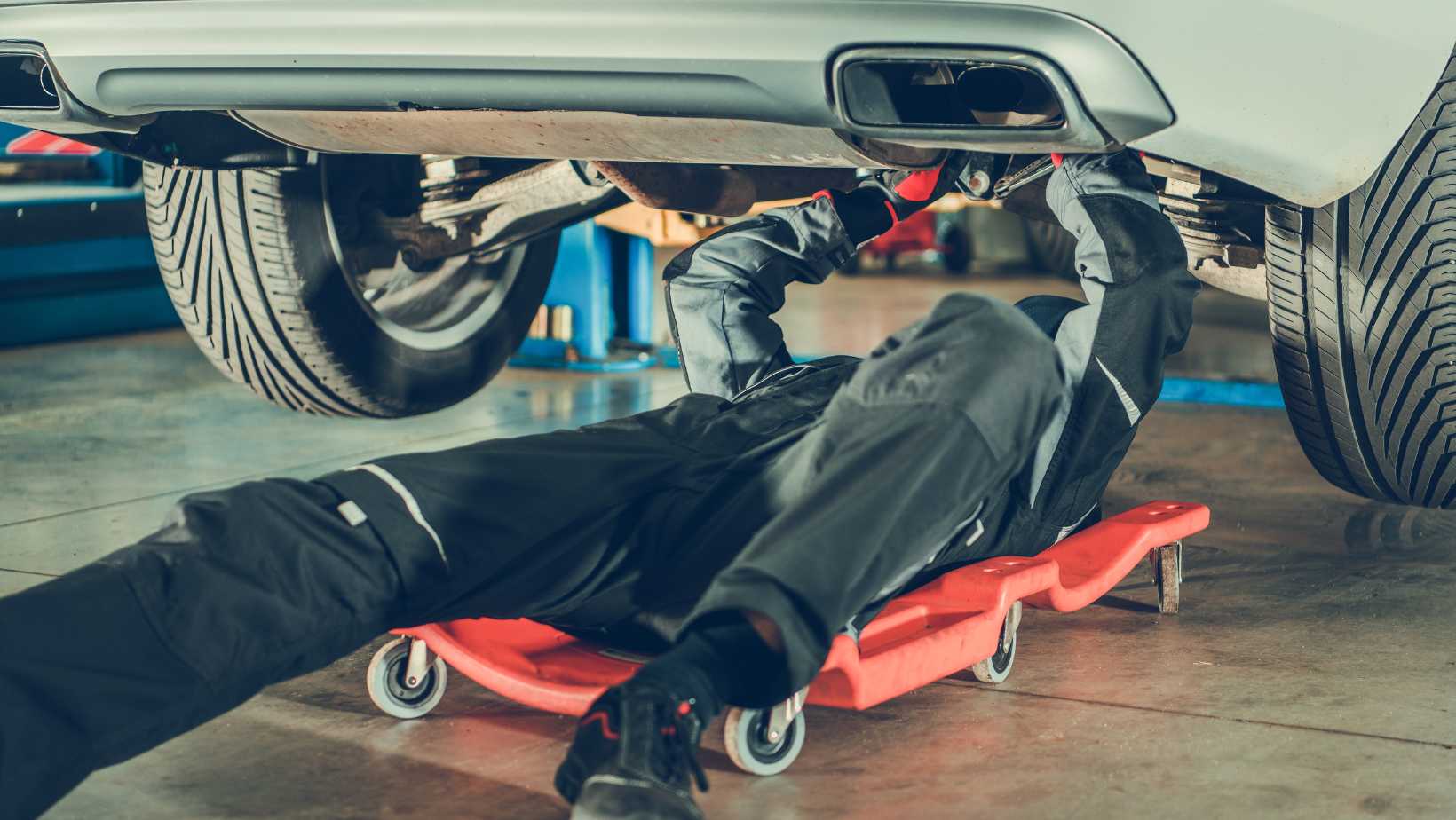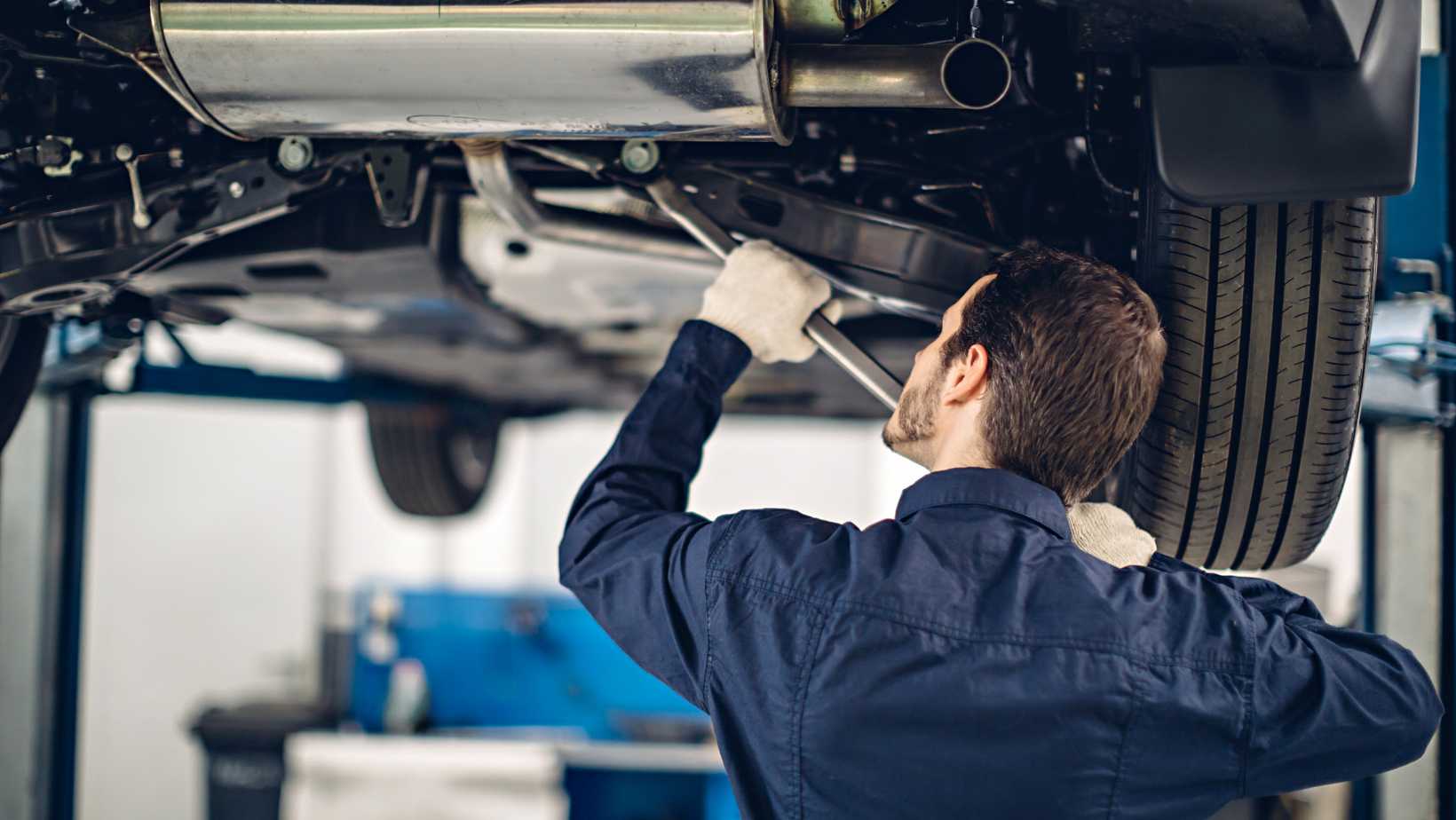When it comes to Volkswagen car repair, finding a reliable and skilled mechanic is essential. As an expert in the field, I understand the importance of maintaining and servicing your Volkswagen to keep it running smoothly and efficiently. Whether you’re dealing with routine maintenance or facing an unexpected issue, proper care and attention are crucial to ensure the longevity of your vehicle.
Volkswagen cars are known for their quality and performance, but like any other vehicle, they may encounter mechanical problems over time. From engine issues to electrical glitches, addressing these concerns promptly is vital to avoid further damage and costly repairs down the road. That’s why entrusting your Volkswagen car repair needs to a knowledgeable technician is crucial.
With specialized training and experience working on Volkswagen vehicles, a skilled mechanic can diagnose problems accurately and offer effective solutions. They have access to the latest diagnostic tools and genuine parts specific to your model, ensuring that any repairs or replacements are done with precision. By following manufacturer guidelines and using quality components, you can trust that your Volkswagen will be restored to its optimal condition.
Volkswagen Car Repair
Engine Overheating
One of the common issues faced by Volkswagen cars is engine overheating. This problem can arise due to various factors, such as a malfunctioning cooling system, radiator issues, or a faulty thermostat. When the engine becomes too hot, it can lead to severe damage and even complete engine failure if not addressed promptly.
To prevent engine overheating in your Volkswagen car, it’s crucial to keep up with regular maintenance and inspections. Ensure that coolant levels are adequate and have the cooling system checked regularly for any leaks or blockages. Additionally, paying attention to warning signs like temperature gauge fluctuations or steam coming from under the hood can help you detect potential issues early on.
Transmission Failure
Another common issue that some Volkswagen owners may encounter is transmission failure. This can manifest as difficulty shifting gears, slipping gears, or complete transmission breakdown. Transmission problems in Volkswagen cars could be caused by worn-out clutch plates, fluid leaks, or electrical failures within the transmission system.
To mitigate transmission issues in your Volkswagen car, it’s essential to follow recommended service intervals for changing transmission fluid and having regular inspections conducted by a qualified technician. Addressing any unusual noises, vibrations, or delayed shifting promptly can also help prevent more extensive damage and costly repairs down the line.

How to Diagnose Volkswagen Car Problems
When it comes to diagnosing problems with your Volkswagen car, it’s important to approach the task in a systematic and methodical manner. By following these steps, you’ll be able to identify and troubleshoot common issues that may arise:
- Start with a Visual Inspection: Begin by visually inspecting your Volkswagen car for any obvious signs of damage or wear. Look out for leaks, loose connections, frayed wires, or broken components. Pay close attention to areas such as the engine bay, undercarriage, and interior.
- Check for Error Codes: Modern Volkswagen cars are equipped with onboard diagnostic systems that can store error codes related to various components and systems. Use an OBD-II scanner or visit a qualified mechanic who can retrieve these codes for you. These codes will provide valuable insights into potential issues.
- Listen for Unusual Noises: Strange noises coming from your Volkswagen car can indicate underlying problems. Listen carefully while driving and pay attention to any clunks, rattles, squeaks, or grinding sounds. Note when these noises occur (during acceleration, braking, turning) as this information can help narrow down the source of the issue.
- Test Drive and Observe Performance: Take your Volkswagen car for a test drive and observe how it performs under different conditions. Note any irregularities in acceleration, braking responsiveness, steering alignment, or transmission shifts. This information will aid in pinpointing specific problem areas.
- Inspect Fluid Levels: Low fluid levels can lead to performance issues in your Volkswagen car. Check the levels of essential fluids such as engine oil, coolant/antifreeze, brake fluid, power steering fluid, and transmission fluid (if applicable). If any fluids are low or appear dirty/milky in coloration, it may indicate a leak or other underlying problem.
- Consult Technical Resources: If you’re unable to diagnose the issue on your own, consult technical resources such as repair manuals or online forums dedicated to Volkswagen car repair. These resources often provide detailed troubleshooting guides and insights from experienced enthusiasts.
Remember, if you’re unsure about any aspect of diagnosing a problem with your Volkswagen car, it’s always best to consult a qualified mechanic. They have the expertise and specialized equipment necessary to accurately diagnose and resolve complex







































